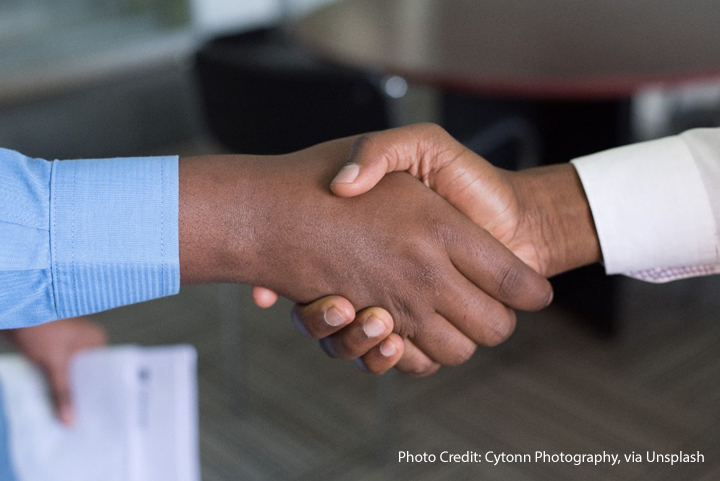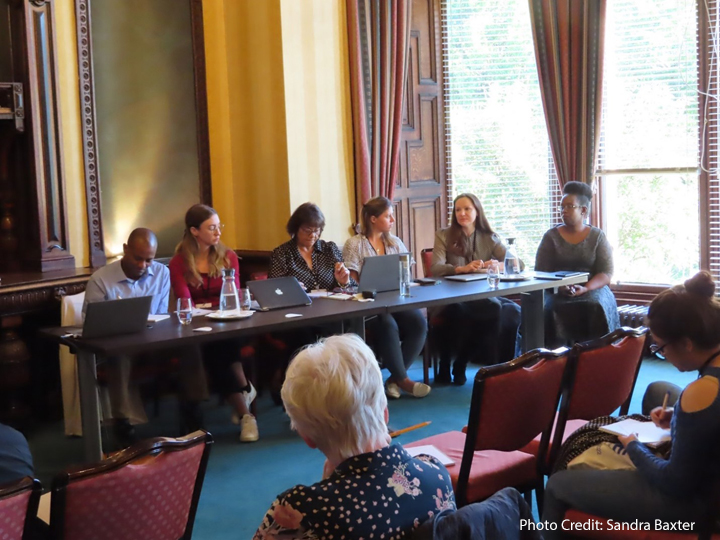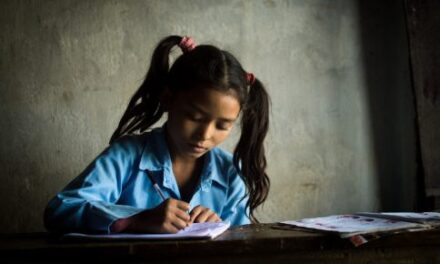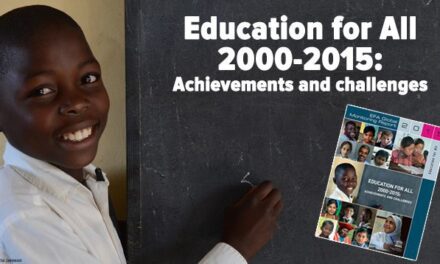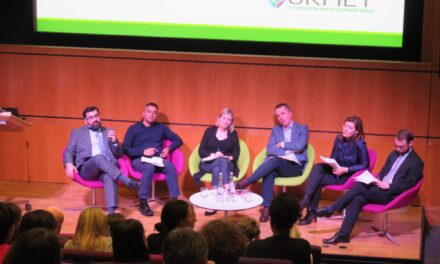This blog was written by Lydie Shima from Laterite (a data and research firm in Rwanda) and Emma Carter from the Research for Equitable Access and Learning (REAL) Centre, University of Cambridge, UK.
The last two decades have seen an increase in Global South and Global North research partnerships. This has been motivated in part by the Sustainable Development Goals, which identify “Partnerships for the goals” as one of the most effective means through which to achieve their aims. Within the context of education, there are several rationales for collaboration. Most relate to addressing complex issues and strengthening research capacity, particularly within Southern contexts.
While the literature which examines or provides guidance on collaborations recommends partnerships which are equitable, a number of challenges and power imbalances can emerge. In addition, general recommendations on “what works” can neglect perspectives from both Southern and Northern actors. To address this, some recent analysis has been undertaken on the qualities of partnerships across different contexts, with findings highlighting the importance of developing mutual agendas and sustaining collaboration. Another factor which is typically overlooked is the important role that methodology can play in supporting equitable partnerships.
Reflecting on our own research partnership
New guidance from the UK Collaborative on Development Research (UKCDR) and Enhancing Support for Strengthening the Effectiveness of National Capacity Efforts (ESSENCE) on Health Research promotes equity and aims to restore balance and transform the global research partnership ecosystem. With the aim of contributing to these important discussions, this blog reflects upon our collaborative experience of designing and implementing an extensive qualitative research study in Rwanda. This project, which was conducted during the height of COVID-19, involved 507 participants and used multi-methods. Participants who were involved in the study included 420 students, 51 teachers, 12 school-based mentors, 12 head teachers and 12 Sector Education Officers. The study represents part of the research conducted for the Mastercard Foundation’s Leaders in Teaching initiative. Leaders in Teaching seeks to enhance the quality of teaching and learning in Science Technology Engineering and Mathematics (STEM) subjects in Rwandan secondary schools through a range of programming.
In this blog, we give concrete examples of what we did to facilitate equitable collaboration. We contextualise our experiences through two major themes (creating a shared vision and sustaining collaboration) which we strongly feel have underpinned the success of our collaboration at each stage, from seeking approvals to disseminating our research. Additionally, we reflect on how the use of qualitative methodology strengthened our engagement and opened up opportunities for collaborative thinking.
Creating a shared vision of the research aims and process
From the outset of our partnership, we prioritised creating a shared vision for our research and what we were seeking to achieve through it. For example, we held an early Qualitative Pre-Design Workshop which sought all team members’ input—irrespective of their methodological focus—into the objectives, methods, instruments, and ethical considerations concerning the research. Closer to starting data collection, we also held a Qualitative Training Workshop, which drew heavily on the Qualitative Research Skills Manual. This training workshop, with its highly participatory focus, assisted in developing a joint understanding of what was meant by a ‘good qualitative researcher’ and ‘good qualitative research’.
This event also provided an opportunity for us to share our mutual expertise in relation to working in Global Southern contexts and dealing with ethical issues. One challenge we encountered in relation to this theme was the ongoing uncertainty with planning our research due to prolonged school closures and unclear guidelines concerning school re-openings, access to teachers, and our capacity to work with students. To address this issue, we prioritised early on the importance of flexibility on both sides as part of our vision as well as the need to collaborate on contingency plans in order to achieve our research aims, despite the difficult circumstances.
Sustaining collaboration
Sustained collaboration has been another underpinning principle of our work. This has meant not only coming together during the design and implementation stages, but just as importantly, during the data processing, analysis, write-up, publication, and dissemination phases of our research. While it’s easy to conceptualise how this should unfold, in reality, equitable collaboration becomes increasingly difficult the further along the research pathway one progresses. For example, we worked together very effectively during the analysis of our data – for instance, to decide jointly on which data should be prioritised and how it should be presented to maximise relevance and opportunities for learning. However, finding time and motivation to sustain this collaboration during write-up and publication presented challenges.
The global pandemic has given us the opportunity to build and strengthen links to ensure that we learn from the crisis together, and to collaborate to improve learning for all children. However, given differences in roles and incentives, partners that are working within and across different contexts can have different priorities. University-based researchers are under pressure to produce quality peer-reviewed journal articles which not only meet their funders’ expectations but ensure their general survival in academia. In parallel, researchers linked with private sector research firms face different stressors which are focused on the logistics of data collection and managing multiple projects and responsibilities which can change abruptly.
Maintaining commitment to equitable collaboration through each step, in light of these challenges, necessitates careful planning, problem solving, empathy, and close communication. In our case for example, we agreed from the start to produce a range of research outputs which addressed our different audiences’ needs, from journal articles to policy papers. This required input and expertise from both sides. Additionally, we were committed to shared authorship on every research output.
While we have been able to uphold these commitments, this has not always been easy. It has required both partners to be flexible in determining when and how respective inputs are received, and to maintain regular contact which allows for open discussion and awareness of the push and pull forces on both sides. Most importantly, we had to commit to regularly come back to what our shared vision was for the research in the first place.
Key takeaways
Our experience has highlighted that positive and equitable collaboration, even during the COVID-19 crisis, is possible and essential in achieving a successful research partnership.
- While the use of qualitative methodology was no doubt conductive to our close working relationship, particularly given our use of innovative tools and approaches, this still took effort, particularly towards the end stages.
- As shown by our experience, however, creating a shared vision and sustaining collaboration are both central principles which can enable and strengthen equitable learning partnerships as well as the quality of the research produced.
This blog highlights some of the key messages from a presentation given by the REAL Centre and Laterite at the BAICE Conference in Edinburgh, Scotland in September 2022.

